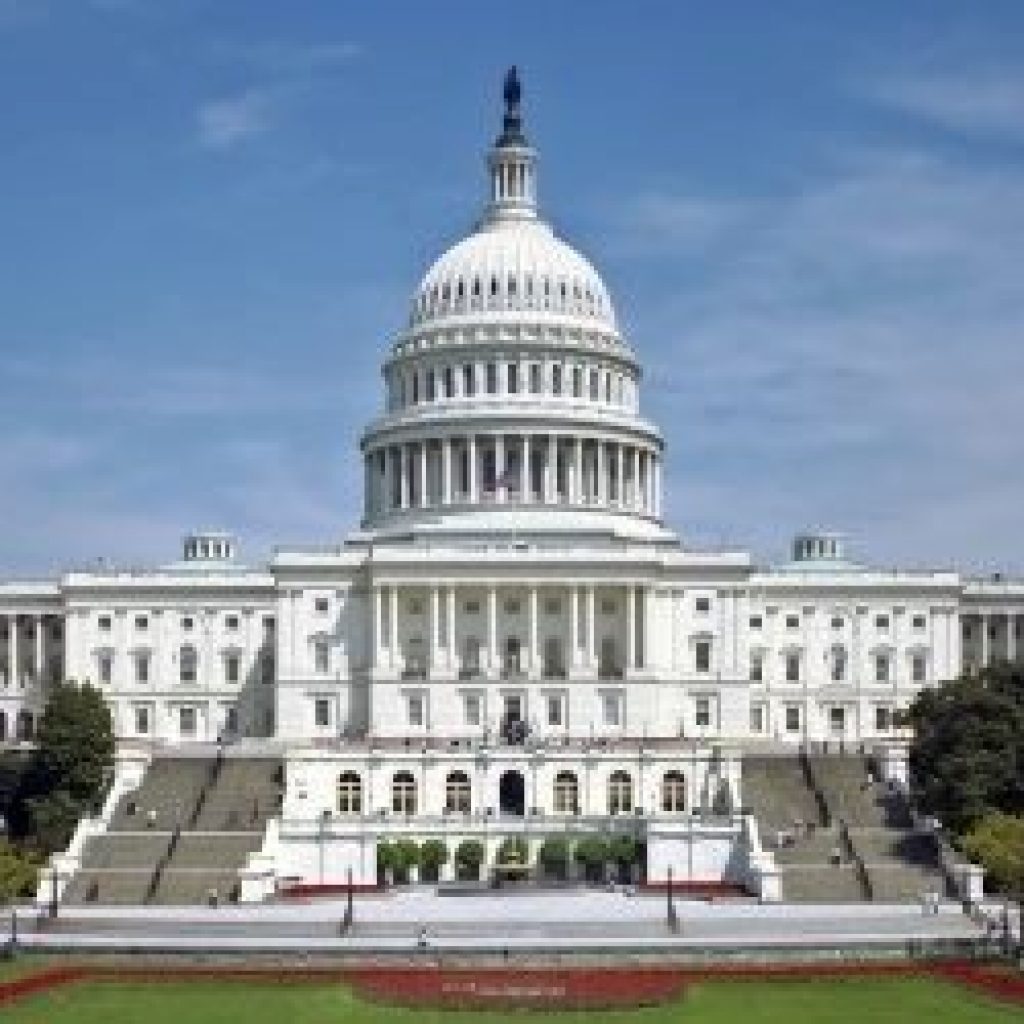(GovTech) Experts in quantum computing say the federal government’s continued support of the emerging technology will have implications for state and local government entities, particularly as it applies to economic development.
The federal government continues to invest in the research and development of quantum computing, and now the time is nearing when state and local governments will have a role to play with the new tech as well, experts say.
The continued support of and progress for quantum computing at the federal level now means it has come time for other levels of government to prepare for the new tech. So much so that some state governments are already laying groundwork for quantum computing, particularly in the area of economic development.
Indeed, a handful of states — California, Illinois, Maryland and Virginia among them — are preparing for a quantum future, doing so by trying to ensure their region can be part of the market for companies researching and ultimately selling the technology. This, experts say, can position states and the cities within them to benefit from quantum economically, bringing tax revenue and new jobs to the jurisdictions.
Celia Merzbacher is the executive director for the Quantum Economic Development Consortium, which includes more than 150 member groups from across the private sector, government and academia, and its creation was called for within the Trump administration’s actions on quantum in 2018.
When Merzbacher first went into her office to do this work, she said she used to keep a map on the wall, where she would put a pin for every group that joined the consortium, and what she has seen is the slow emergence of clusters in places like the San Francisco Bay Area, Boston, Chicago and parts of Colorado.
How Federal Investment in Quantum Affects State, Local Governments
